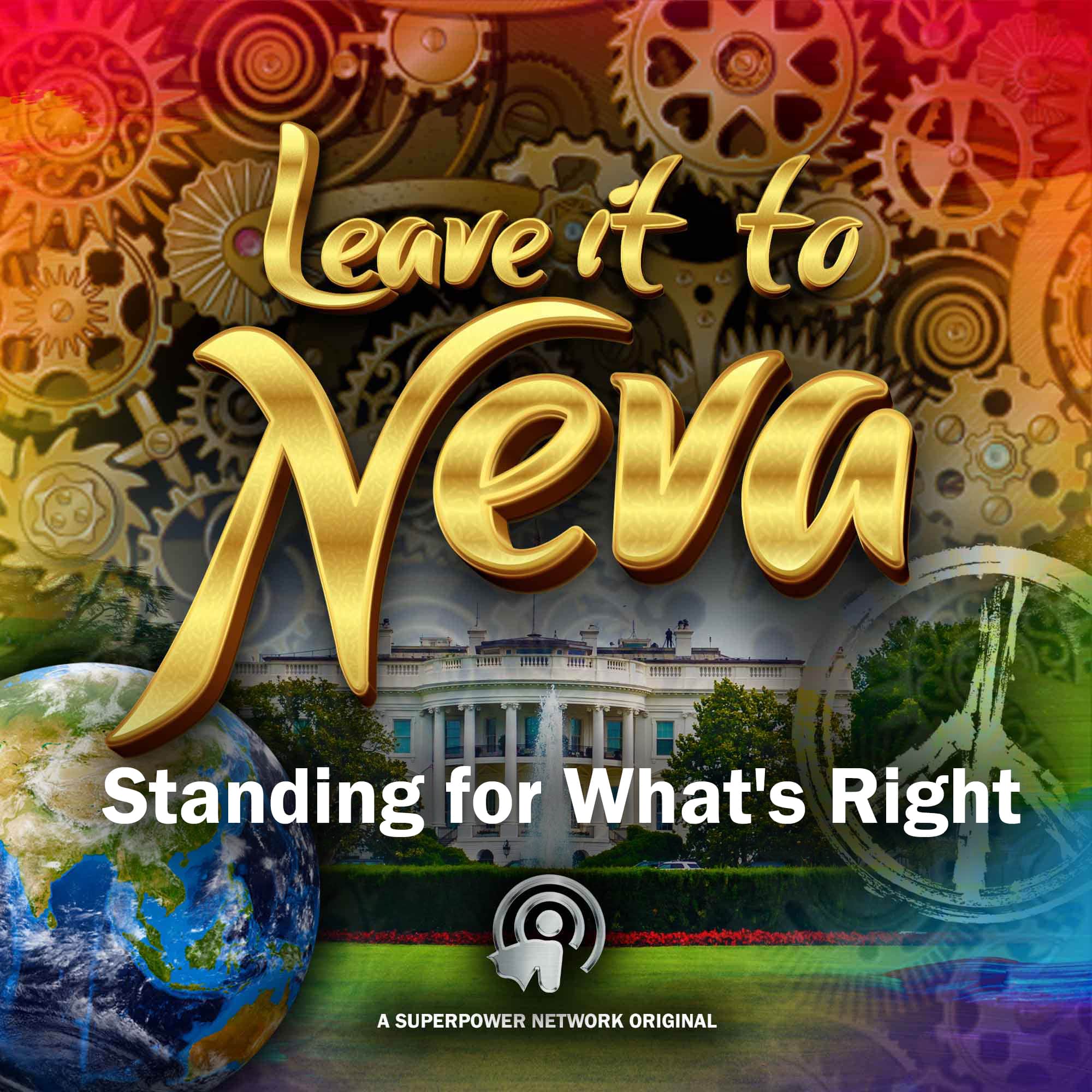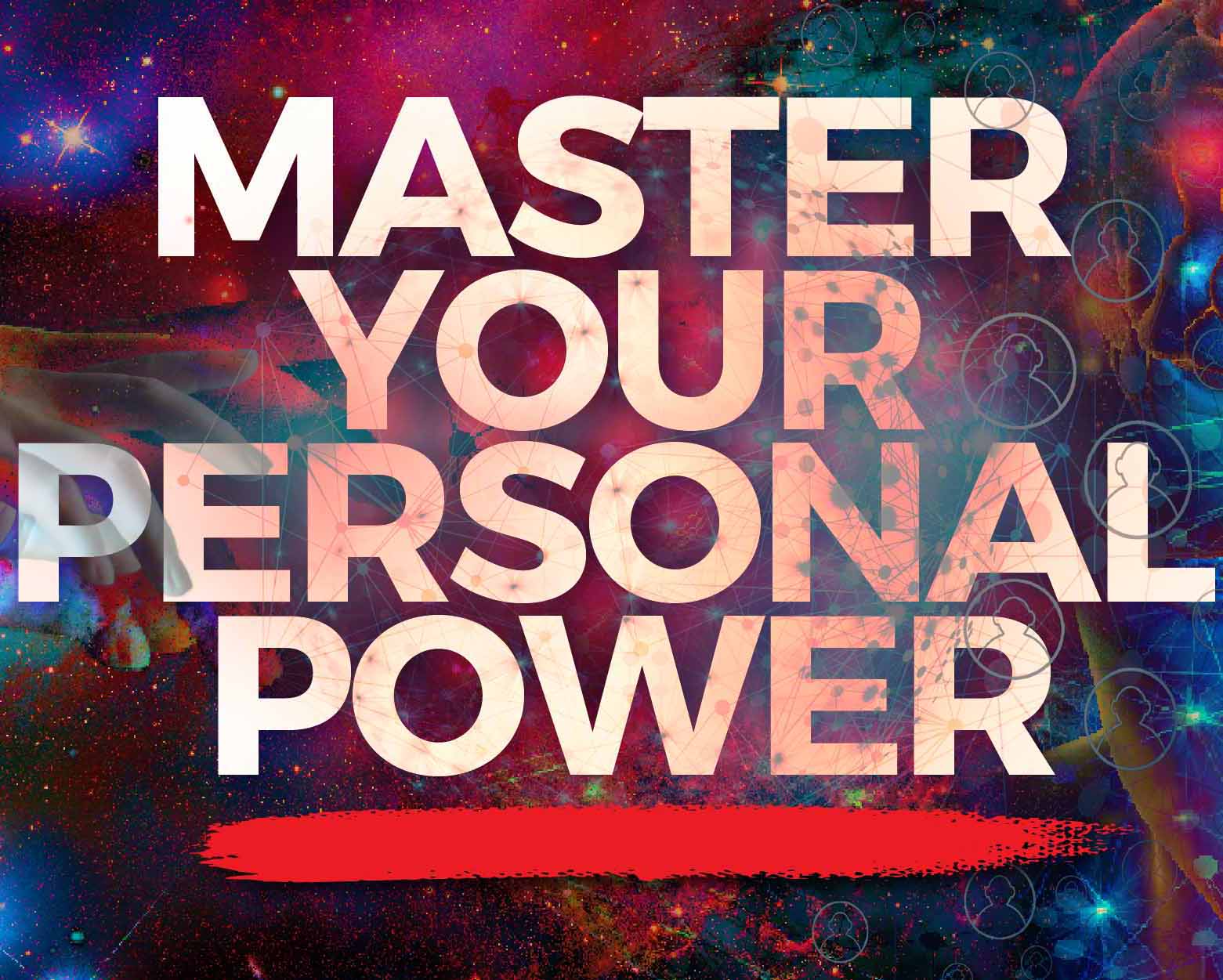
Standing for What’s Right
How will you stand for what’s right? In this episode of Leave it To Neva, host Neva Lee Recla welcomes guest Cheyenne Hunt-Majer. Their conversation revolves around social justice and how to become an ally. The are a lot of victims of social injustices who lost their voices to trauma and vulnerability. Empathy to others could go a long way and it should be paired with authenticity — being who you are. Yet, we should remember that we should never compromise our safety over someone else’s comfort. Tune in to know how standing for what is right could give a voice and restorative justice to those who are suffering.
Neva Lee Recla:
Hello, everyone, welcome back to the Leave it to Neva Show. I’m your host, Neva Lee Recla. I am very excited about today’s conversation. We’re gonna be talking all about standing for what’s right. And if any of you know me for, that’s something I’m really passionate about. I’m big in social justice and equality, human rights, and making sure everyone feels loved and accepted for who they are. And our guest today is really awesome. And she’s great at standing for what’s right. Her name is Cheyenne Hunt-Majer. She is a progressive advocate and attorney. She specializes in issues at the intersection of democratic erosion, which is a big word that honestly I did not understand for a little bit. She is into technology, policy and human rights, and Cheyenne, you’re just really awesome. I follow you on social media. It’s awesome seeing the stuff you do for human rights. It helps me educate myself because that’s one of the biggest parts of like, helping stand for what’s right is being educated. And honestly, you help educate me. So I appreciate you for doing all the work that you do in the world. It’s really awesome. And I can’t wait for this conversation.
Cheyenne Hunt-Majer:
Yeah, thanks for having me on Neva, it’s great to talk to you today.
Neva Lee Recla:
Yeah. And you’ve been in my life for a really long time. How old was I when we first met?
Cheyenne Hunt-Majer:
I think you were maybe three years old.
Neva Lee Recla:
Yeah. So that was about 10 years ago, which is kind of crazy. So it’s cool to be able to have this conversation with you now. That’s a lot more grown-up than the conversations we probably had when I was three. So I want to just like get straight into it. So what are your superpowers? And how do you use them to change the world?
Cheyenne Hunt-Majer:
Yeah, you know, I think my superpowers I inherited from my mom and grandmother, and one of them is a really deep soul connection to being of service to other people. And I think it’s something that everybody can tap into. But it’s something that I have been keenly aware of my whole life and deeply committed to. And that has led me down a path of pursuing my skills and talents in developing such that I can use them to make a difference.
I think the developed superpowers that I certainly wasn’t born with but have refined through education, practice, whatever, are a really deep understanding of the ways that law and policy affect people in their everyday lives. And a learned skill and superpower have been communicating that to anybody and everybody, and no matter their politics, their education level, communicating that in a way that anybody can understand so that you can get plugged into what’s happening and how it impacts themselves, their families, their communities in the world.
Neva Lee Recla:
That’s awesome. And I think it’s really important to recognize that like, a part of the social justice and equality conversation is understanding our rights as people. And without that understanding, you don’t really know what needs to be changed. And so I think it’s really awesome to be able to, like educate people on that, especially with topics as important as this.
Cheyenne Hunt-Majer:
Yeah, absolutely. I think my opinion on it is really that if you are committed to making a difference, taking a stand for what’s right, and standing for other people. Indeed, you have a duty to stay abreast of what’s going on, you have a duty to understand things that maybe don’t personally impact you. But to stay educated, stay aware, and keep your eye on the ball because truthfully, democracy, which is the system of government that really protects freedoms and liberties is a fragile thing. It is incredibly fragile, and it takes a deep commitment to the principles of freedom, liberty, and respect for all to maintain. And if you are, if you take your eye off that ball for a second, we can lose it. And so as people who are committed to making a difference, it is incredibly important even though it can be difficult to wrap your mind around even though you might think it’s boring, or how does it apply to me? Keep your eye on what’s going on and be aware and do the work to stay educated on what’s going on. because that will always make you a more effective advocate. And it will also make you a more empathetic leader and somebody who can really see how things are affecting others outside of just yourself.
Neva Lee Recla:
For sure, and I think that’s so important to recognize because even if something doesn’t directly affect you, it can affect others, and having a basic understanding of what our rights are, and stuff like that, especially since the world and the policies are continuing to change. And so much has happened in the world in regard to human rights that are being uprooted. There’s a lot of fear around it. Like, I remember when they don’t say gave it got passed. And even though I’m not personally affected by it, just feel like, oh, wow, it could affect me in the future. And things like that. And like how scary it can sometimes seem, I think having a good understanding and being educated helps us make it seem a lot less scary. Like, it doesn’t change the importance of it, but it makes it seem like an easier conversation.
Cheyenne Hunt-Majer:
It’s absolutely an easier conversation. And I think that you know, something that’s important to recognize, too, is, especially in reference to something like that don’t say the gay bill is when we look at movements in history where minority groups have been oppressed, and they’ve had to really fight for their rights for equality. You look at the civil rights movement, you look at the movement towards marriage equality in this country. What really gets change is the people who have not affected the people who have situational societal privilege, getting involved and taking a stand for what’s right, even though it doesn’t impact them, the Civil Rights Movement really started to move when people in the North, specifically wealthy, white people finally saw the violence on TV and said this, I can’t stand for this. They jumped in, got involved, and made themselves allies to the cause. And all of that groundwork that was done by the people in the South who were really personally affected, like that was the vehicle for change. Absolutely. But the thing that can really tip something over and bring it into the mainstream is when the people in power go out of their way, acknowledge a situation that does not affect them, jump in and take a stand for what’s right. And I think we’re gonna see similar things coming forward if we want to stop this movement that is really brewing in places like Florida Governor Ron DeSantis, to oppress gay kids, trans kids in schools, and to criminalize the idea of giving people gender-affirming health care. It’s not going to be, it’s not something that we can reasonably expect these minority groups to handle on their own, they are absolutely outnumbered by the hate and oppression that they are facing. And so it is critically important that even though we’re not personally affected, we stay up to date, figure out what’s going on, and how we can fight back in alliances with those who need us.
Neva Lee Recla:
Yeah, 100%. I love this conversation already. I think it’s, it’s such an important conversation. And, like, it really can’t be emphasized enough to have a good understanding of, I think everything that’s going on in the world, whether you’re personally affected by it or not, because I think when you have an understanding, it builds up your empathy, it builds up, how you’re able to make a change, and uneducated leaders can’t really make that much change. So educating yourself makes a really, really big difference. And that’s really important. So very quickly, I think we should go into a break because I think after the break, then we can just like fully dive into this topic. So really quickly, where can people go to find out more about you?
Cheyenne Hunt-Majer:
Yeah, I am really active on Tiktok because I’m committed to taking these difficult kinds of political topics and making them accessible to anybody. So Cheyenne Hunt-Majer on Tiktok is where you can find me and find some of my issue advocacy.
Neva Lee Recla:
Yeah, awesome. Thank you so much for that. Go check her out. Because Cheyenne, you’re really great in these spaces. And obviously, it’s kind of like your profession, stuff like that. But I appreciate hearing it being able to learn from you as someone who’s younger and trying to get into these faces because it’s important to be able to like, bounce off of everyone so we can all make change together because it’d be really difficult for just one person to make the change. Thank you for having this conversation with me and for those listening. Also, make sure to come to check out superpowerexperts.com and join our community. We invite you to come to check out CEFA if you want to stay grounded so you can have big conversations like these and make changes. We encourage you to come to check that out and join our community because we can’t wait to love on you and see you there. Awesome. So we’ve been talking all about standing for what’s right and we’ll be right back after the break.
For the best listening experience, download the Superpower Network App
Podcast: Play in new window

